HR Technology covers complicated business processes that influence your business, such as payroll time, attendance, benefits, performance, recruitment, onboarding, and many more. These are managed by software and other technology tools used in HR management. This technology will overtake the entire industry through the improvement of AI, a new generation of self-service for employees, and the continuous learning tools offered. It allows employees to predict a rising strategic role within the organization.
Technology is sure to take over all industries, but have you thought about the influence it will have on your business? Technology makes a major difference in every sector and elevates business growth.
Read HR Tech Blog: Top 10 Tips On How AI Will Build A New Era Of Employee Experience Platforms
10 HR Technologies To Influence Your Business
#1. Cloud-based HR
If you are working remotely or with remote employees, your HR department might be one of them. This is where cloud-based HR platforms, the future of resource management, come in. There are many all-in-one HR platforms, like the one Buffer uses, that cover various aspects of HR management. These include benefits, payroll, time management, onboarding, and collaboration tools. Cloud-based HR software is becoming popular, not just for global teams. It’s flexible and ideal for fast-growing businesses, as HR professionals can use real-time data.
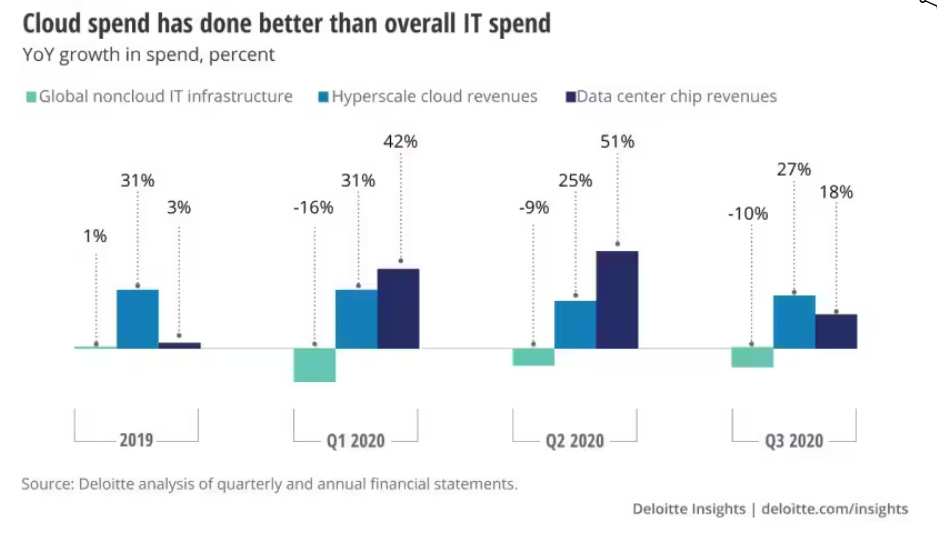
#2. Branding Of The Employer
Employers have started utilizing social media to increase their brand awareness and the image they reflect to the new employees. Most of the recruiters agree that image and branding make a major impact not just on the process of recruiting but also on the bottom line of the company, which can further reduce their cost-per-hire and gain more qualified candidates. Employers are now heavily focusing on branding to gain traction and good candidates in the market.
#3. Effortless Shared Services
Most HR changes today focus on self-service HR departments. These changes happen in two ways: First, if your HR department still uses paper, it needs to be digitized. Second, if your HR tasks are repetitive, they must be automated. Both automation and digitization make HR professionals more efficient. For example, a supermarket chain that keeps paper employee records can imagine the time wasted by HR managers searching through documents for new hires and departing employees. A missing contract, just one piece of paper, can cause stress and headaches.
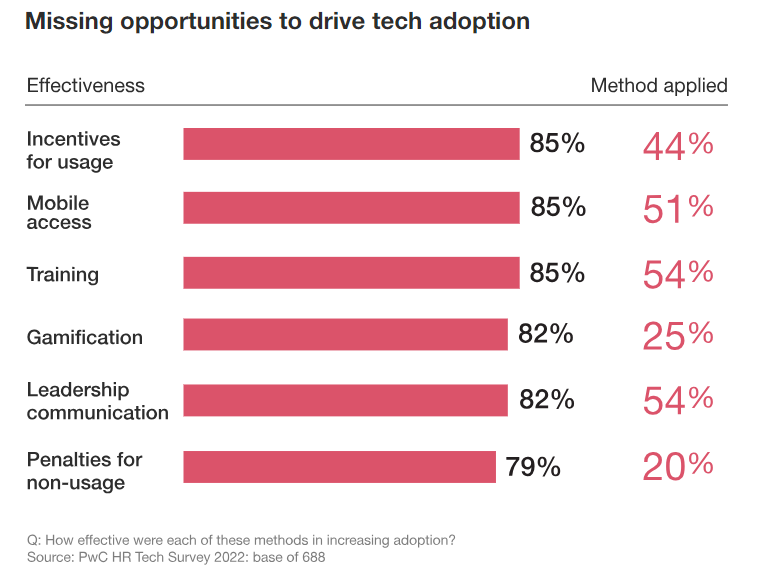
#4. Continuous Learning
The need to upskill the global workforce was urgent before COVID-19, but it’s even more critical now. Finding HR professionals with future-focused skills is challenging. Instead of constantly searching for new talent, the best approach is to invest in developing your existing HR team, ensuring they’re prepared for the future. There are three main capabilities of HR:
- Data literacy
- Business knowledge
- Digital integration
Read HR Tech Blog: Top 10 Technologies To Boost The HRtech Domain
#5. Improved Recruitment Experiences
Technology is already bringing vast changes in the entire recruitment process. Everything is now digitalized, from resumes to onboarding. Even recruitment managers are well-equipped with tools available to assist them in the smooth recruitment process. One of the most important developments in the HR industry is the development of platforms for candidate experience, such as path motion tools that let employees interact with external talent.
#6. Better Data Security
The era of paper-based pay slips is rapidly evading. This shift has significant implications, particularly for data security. With the increasing reliance on cloud-based storage, self-service HR portals, and stringent data protection regulations like GDPR, safeguarding employee data is paramount. HR professionals and software developers must prioritize robust data security measures to protect employee and candidate information. Tech companies need to implement advanced strategies to ensure data integrity and confidentiality, while businesses must establish comprehensive systems for data handling and processing. This trend will likely drive significant changes in the tech industry, requiring HR software to evolve and provide greater control over personal data.
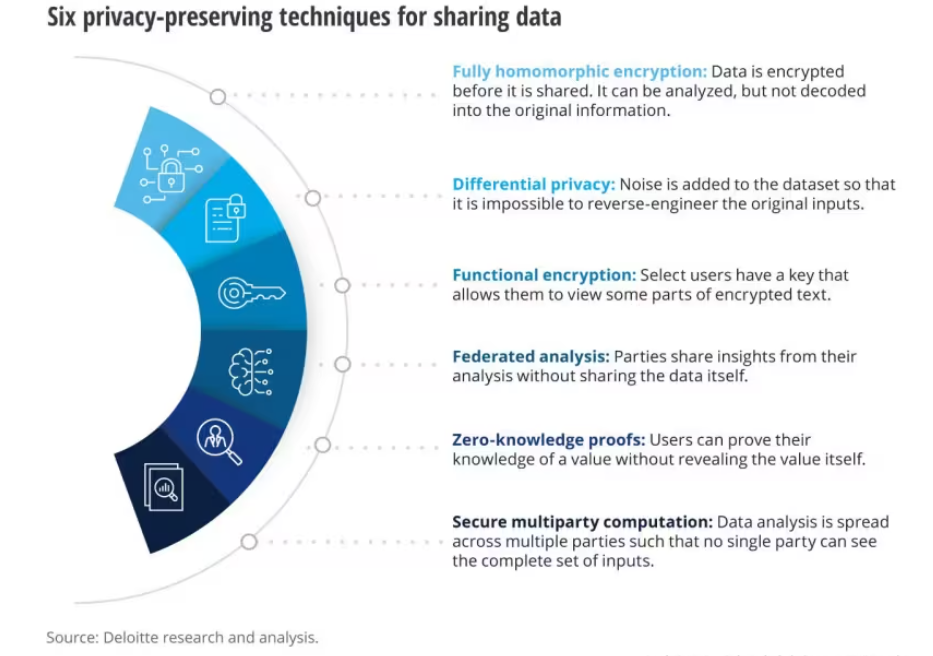
#7. Hybrid Workplace
After the pandemic outbreak, organizations have rapidly adopted the work-from-home model and are now committed to a hybrid work model. Additionally, certain reports suggest that one-third of companies transitioning to a hybrid work model will face challenges in implementing this successfully. Key obstacles include redesigning workspaces, adapting job roles, and creating an engaging work environment. Adopting a hybrid work model will likely influence your business in the coming years.
#8. AI and ML
AI (artificial intelligence) and ML (machine learning) are widely used to automate tasks such as resume screening, shortlisting, interviewing, assessments, candidate sourcing, and onboarding. AI and ML have automated all these processes and provide predictive analysis to identify potential drawbacks and opportunities within the workforce.
#9. Learning Management Systems (LMS)
An LMS is a powerful tool that could help a firm realize its fuller growth potential. By investing in a robust LMS and using its capabilities, an organization can improve employee development through customized learning paths and continuous training, enhance productivity and efficiency by offering just-in-time training and giving insight into skill gaps, boost employee engagement through relevant training and gamification elements, ensure compliance with mandatory training sessions and accurate record keeping, and also gain a competitive edge through a highly trained and innovative workforce.
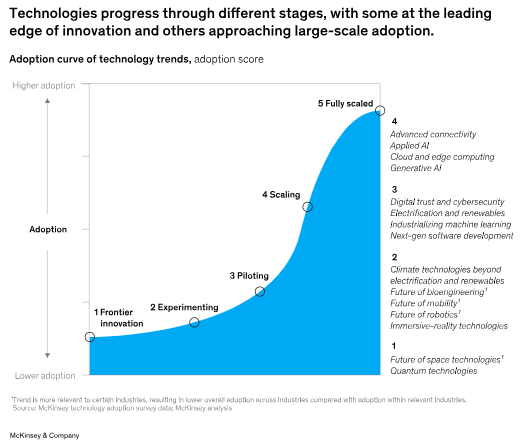
Read HR Tech Blog: HRtech & Metaverse: A New Leader
#10. Chatbots and Virtual Assistants
Chatbots and virtual assistants can offer seamless services to employees without bothering HR. This feature allows candidates to freely raise queries anytime and get prompt replies within seconds. These Chatbots and virtual assistants can also be used to automate everyday HR tasks and enhance the efficiency of the employee. Chatbots and virtual assistants are likely to have a major influence on your business in the foreseeable future.
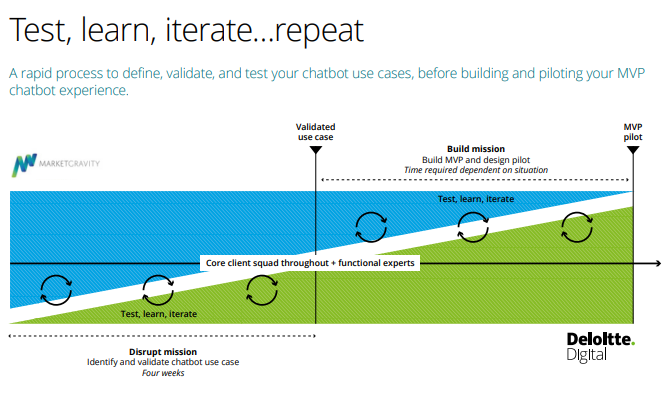
Conclusion
Before proceeding with the HR technologies, ensure appropriate research and utilization of all the tools or applications you are willing to adapt for the business. HR technologies smoothen the work and automate it to provide prompt replies and resolutions to the queries of employees, employers, as well as clients. These technologies make it easier for all the teams to leverage new technologies and make the most of them. It also assures that their existing workflows won’t be made redundant.
To share your HR technology insights and announcements, please write to us at news@intentamplify.com



